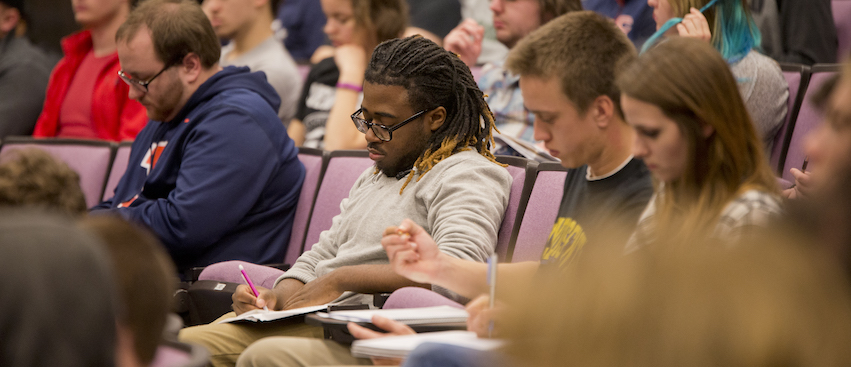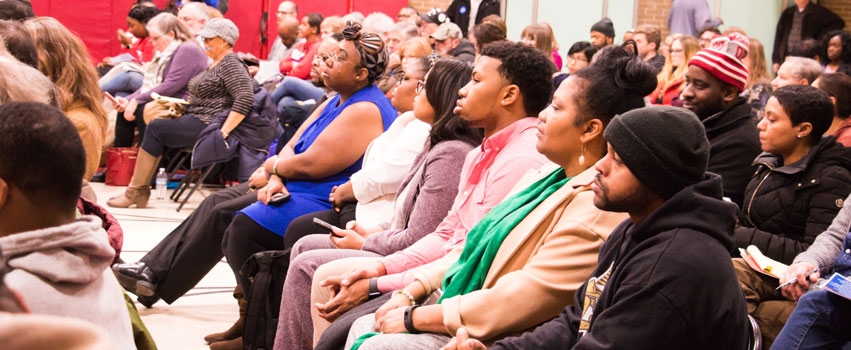Fostering Volunteerism Among Young People

I teach business statistics at Illinois Central College, and every semester I look for a topic that my students can tackle to learn about what numbers can tell us. I’m also a co-advisor for a student service organization, Central Illinois Rotaract, a division of Rotary International. Our organization has had trouble finding students able to provide the time for community service, an essential part of Rotaract’s mission. Accordingly, I asked my spring 2019 business statistics students to gather data on volunteering and whether or not community service (voluntary, not court-ordered) enhanced a resume.
They surveyed 176 students and 101 business professionals to gain some insight on what makes a good resume. Students and employers agree on the attributes of a student/job applicant that are most important to an employer considering a resume. The numbers in parentheses show the average ranking by students, and the average ranking by employers, respectively.
- Work experience (1.54/1.32)
- Grades and academic credentials (2.72/2.97)
- Personal references (3.34/3.26)
- Extracurricular activities/volunteering/community service (3.49/3.33)
- Awards and recognitions (3.90/4.13)
I was disappointed that both groups ranked volunteering and community service four out of five in the list of attributes. How could I make an argument that volunteerism is valued by an employer based on this?
Perhaps it has more to do with how these attributes are worded. We asked employers to rank seven identified employee characteristics in order of importance to them. The business professionals we surveyed ranked the following characteristics in order of importance:
- Positive attitude/teamwork (adaptability and cooperation) (2.55)
- Communication (both written and oral) (3.14)
- Interpersonal (people skills) (3.22)
- Analytical/problem solving (ability to figure things out and resolve) (3.45)
- Leadership (4.72)
- Substantive knowledge in the business (5.09)
- Technical ability (computers, media, etc.) (5.86)
Some of those skills can be taught and developed in the classroom, but many of those skills are developed through employment and extracurricular activities. The challenge for those of us in community service and volunteering organizations is to provide opportunities for teamwork, communication and interpersonal skills. Organizations need to foster attributes that employers value, even though participation in service organizations themselves may not be seen as the most important part of a resume.
Unfortunately, our survey discovered volunteer hours and community service dropped 58% from high school to college—students reported performing 40 hours of community service a year during high school, but only 23 volunteer hours during college. Perhaps a reason for this is because they also average 14 hours of coursework and nearly 23 hours of employment during a semester. This confirms something we know: college students are busy. The challenge for those of us leading service organizations is to show both students and employers the importance of community service and provide meaningful opportunities for participation. PM
